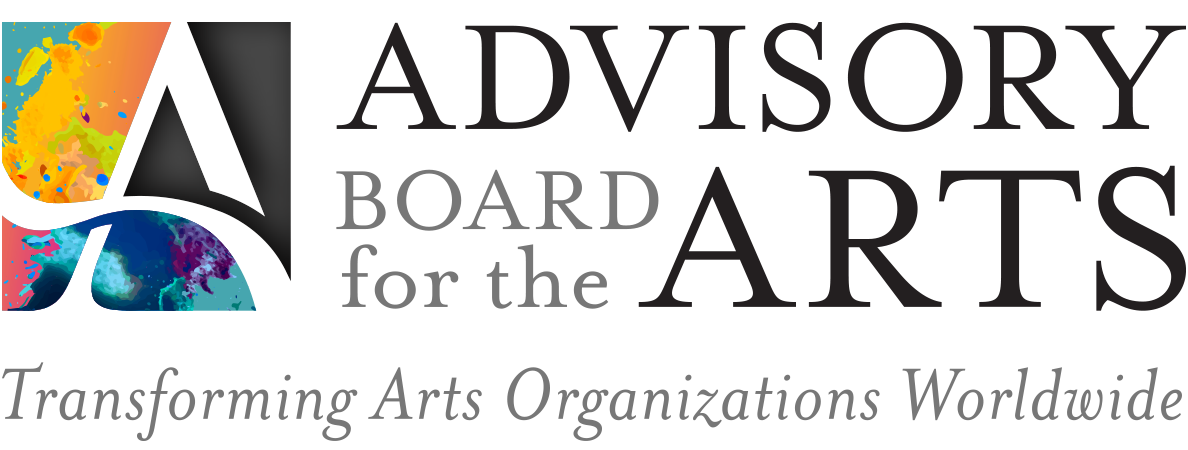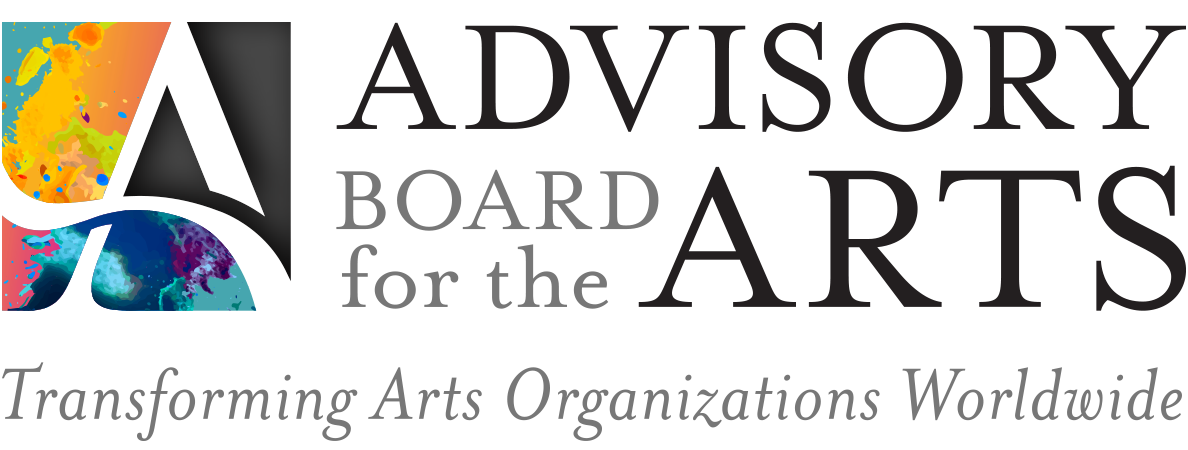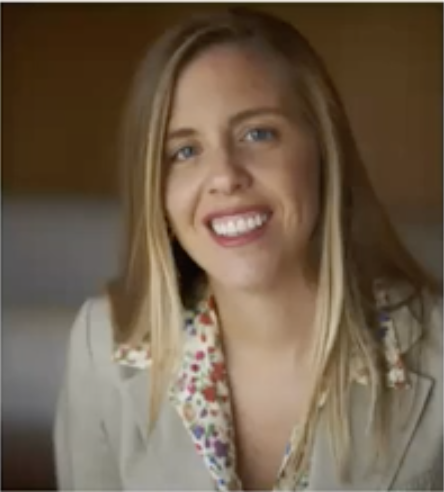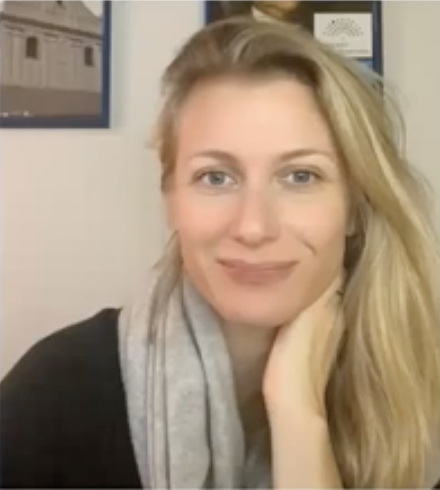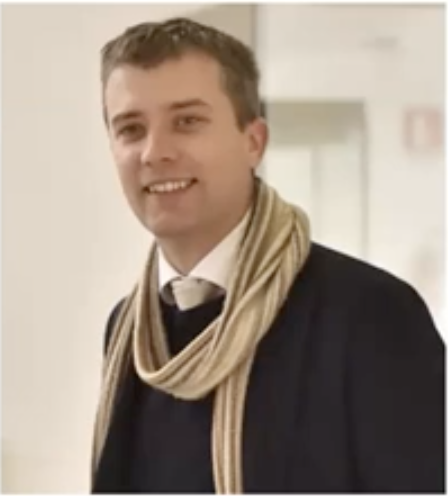Webinar Recap: Fundraising in Europe During the Coronavirus Crisis
April 23rd (Replay at end of page)
On April 23rd, The Advisory Board for the Arts co-hosted a webinar with the SDA Bocconi School of Management on Fundraising in Europe During the Coronavirus Crisis. We were fortunate to have four guests join us to cover a range of topics related to both corporate and personal fundraising for arts organizations:
Julia Sanchez, CEO Reina Sofia School of Music
Borja Baselga, Managing Director of Fundacion Banco Santander
Zsuzsanna Deák, Head of Individual Giving, Budapest Festival Orchestra
Gabriel Zuchtriegal, Paestrum Archaeological Site, CEO
An Expected Decline in Public Funding
Across the past year – long before the impact of Coronavirus came to dominate our strategies – we consistently heard from arts leaders across Europe that they anticipated a need to diversify their funding sources. Arts leaders were questioning the viability of relying on public support as the primary source of funding for their organizations. To check the pulse on this sentiment now that the world has changed around us, we asked participants to respond to a quick poll that asked whether public support for the arts will likely decrease, increase, or stay the same across the next 1-2 years. Results from 177 respondents showed:
Decrease: 53%
Increase: 23%
Stay the same: 21%
Other: 2%
Given the interest and likely need to attract more corporate and personal donations in the future, we invited arts leaders who have excelled in areas of both corporate and personal fundraising to share their strategies before coronavirus and now during the crisis.
Building Strong Relationships with Corporate Sponsors
We were fortunate to have both sides of a strong corporate fundraising relationship on the call with us – Julia Sanchez, CEO of Reina Sofia School of Music and Borja Baselga, who is the Managing Director of Banco Santander’s foundation. The Reina Sofia School receives more than 60% of its funding from private donations, and Santander has been a corporate sponsor of the school for more than 20 years. When asked about what makes their partnership so successful, Julia and Borja attributed the strength of the partnership to a few key factors:
Trusted relationships across all levels of the organization. Particularly in times of crisis, it is critical to have those relationships reach up to the chairmen level and trickle down through the entire organization. Julia noted that while ten years ago fundraising was about a specific project, now it is about developing lifelong partnerships. Julia shared that the two sponsors they have lost since the crisis were ones where the strength of the relationship was not what she would have desired.
A deep understanding of each organization’s core mission and values. Julia emphasized this point in her relationship with Santander and beyond. Sponsors need to embrace the mission of the organization and understand the critical role they play in society. Alternatively, the receiving organization needs to understand the sponsor’s philanthropic priorities and support those as well. For example, Santander has always been an enormous supporter of education, so Reina Sofia in turn invests heavily in taking music into schools.
Clear value for the sponsoring organization. Borja led with the point that corporations are not going to give money “just to be nice”. There must be some value for the institution. In the case of Sofia Reina, Santander receives a lot of value for their employees, stakeholders, investors, etc. through access to concerts. Organizations seeking corporate sponsorships need to enter the conversations with a clear offer of value that will mean something to the institution.
Managing Sponsor Relationships During the Crisis
In response to the current crisis, arts organizations need to find alternative ways to provide value to their corporate sponsors. Julia mentioned that even just one month into the crisis, they were innovating ways to deliver value to their partners. They started offering music and leadership workshops for sponsors’ employees to support team building and morale. They are also now looking into open air concerts that could be delivered while respecting social distancing guidelines. content reinforce the crisis.
Additionally, they have been very focused on creating valuable digital content. One example Julia shared was around a personalized piano playlist they created for Santander’s foundation. They have been making this personalized content effort with all of their sponsors. The piece of digital content that received the greatest response was a collaborative concert created as a tribute to Madrid’s healthcare workers. There were more than 60,000 reproductions of the video and many of their corporate sponsors shared it with their networks. In terms of why this particular piece struck such a chord, Julia believes it spoke to what people need right now - a sense of community and a way to come together to support one another.
When asked about attracting new donors at this time, Julia thought it was a difficult time to start building new relationships. Instead, her organization is focused on fostering existing relationships. Come July, they will consider reaching out to new opportunities. If organizations do need cash right now to sustain their organizations, she emphasized the importance of being specific about their needs and identifying sponsors who might be empathetic to those specific needs. She also advised to consider the sector of the donor and prioritize asking those that may have been less affected.
Engaging Individual Donors
Our conversation in the webinar then shifted toward individual giving. Zsuzsanna Deák, Head of Individual Giving at Budapest Festival Orchestra, shared that individual giving is relatively new in Hungary. In the early 2000s, the organization created a “Supporters Club” that required a paid membership. The main incentive to join the club was an ability to pre book tickets for the season, which typically sold out. Since its launch the Supporters Club has grown to more than 600 individuals, and Zsuzsanna emphasized the extreme loyalty of its members.
Since facing the Coronavirus, Budapest Festival Orchestra has found innovative ways to engage both its Supporters Club and the broader community. In mid-March they launched Quarantine Soirees. They live stream chamber music concerts nightly from their concert hall, delivered by 3-4 musicians who maintain appropriate social distance. Alongside this concert series the organization launched a crowdfunding campaign with a message asking to support their artists during this time while they are unemployed. The organization has received donations nightly from viewers around the world. Zsuzsanna emphasized the importance of leading with a give before asking for something. And while they did not enter the campaign expecting a huge amount of donations, they are hopeful that it will earn long-term engagement and support from a broader audience base.
One unique way the organization is providing value to their Supporters Club during this time that they cannot hold traditional concerts is by allowing them to “make a wish” for a certain piece of music to be played specifically for them. The organization decided to stream the performances on their Facebook page to showcase the value of being a member of the Supporters Club.
Much of the commentary in the chat among participants centered on new forms of digital content and engagement. Participants brought up the issue of charging for online content, and specifically questioned how to make that shift after offering a lot of online content for free. Interestingly, one participant brought up potentially expanding virtual reality capabilities to try to give people the full experience of being in a venue. Others expressed interest in making online content more interactive, and actually providing an experience you could not provide in person. For example, allowing a viewer to choose to only hear the strings during a particular piece of music.
Building Community Support
Toward the end of our session, we turned to our final guest Gabriel Zuchtriegal, who is the CEO of Paestrum Archaeological Site. Gabriel shared how his museum has also been a path of trying to attract more individual donations. Gabriel explained that their immediate objective is not to increase their budget but instead they are more focused on relationships and building connections to the community. While fundraising is certainly an important element, he sees it as one part of the relationship.
To develop that engagement during this time when no one can visit the site, the museum has been creating “behind the scenes” content on ongoing excavations. He thinks this is a great time for museums to show that there is so much more going on behind the walls of the halls. They are emphasizing to patrons that these historical sites and antiquities are really shared by the community and hope this sense of shared ownership will ultimately lead to donations.
Public Support Will Still Play a Critical Role
While it is clear there is likely a need to start building more robust strategies to engage both corporate and personal donors, many webinar participants also brought up the importance of putting pressure on governments for more public funding. Julia emphasized the importance of raising awareness to make the whole sector more relevant and increase support for artists. If politicians see pressure from a united sector, it is much more difficult to reduce the budget. Paloma O’Shea, founding president of the Reina Sofia School, recently wrote a letter that was published in Spain’s largest newspaper arguing that arts and culture are “a good of first necessity” and that the industry (and artists in particular) needs to be supported by the government coming out of the crisis. Indeed, commentary in the participant chat during the webinar focused on the need to help the government recognize the powerful role of the arts in mental health during the shutdown, and the importance of demonstrating value versus putting pressure on government resources.
The ABA has hosted two other webinars this past month related to fundraising during the crisis. Recaps and replays of those webinars can be accessed through the following links:
